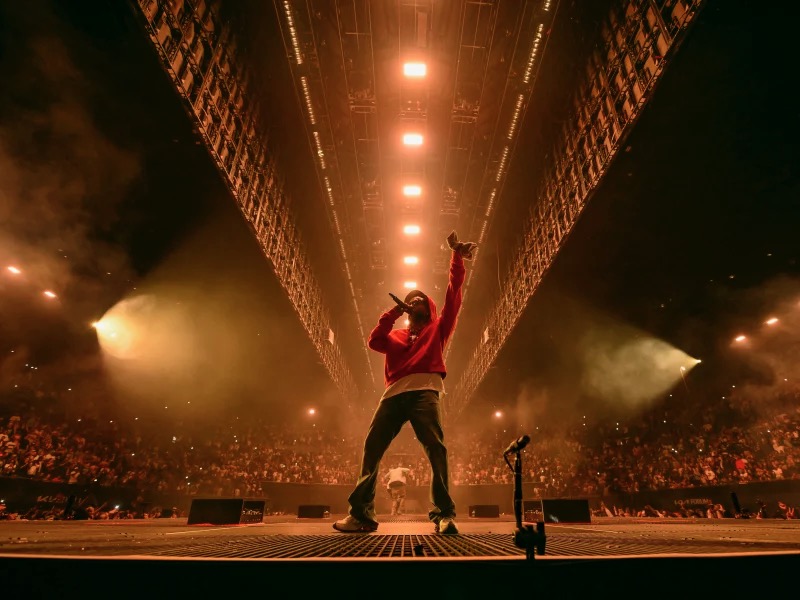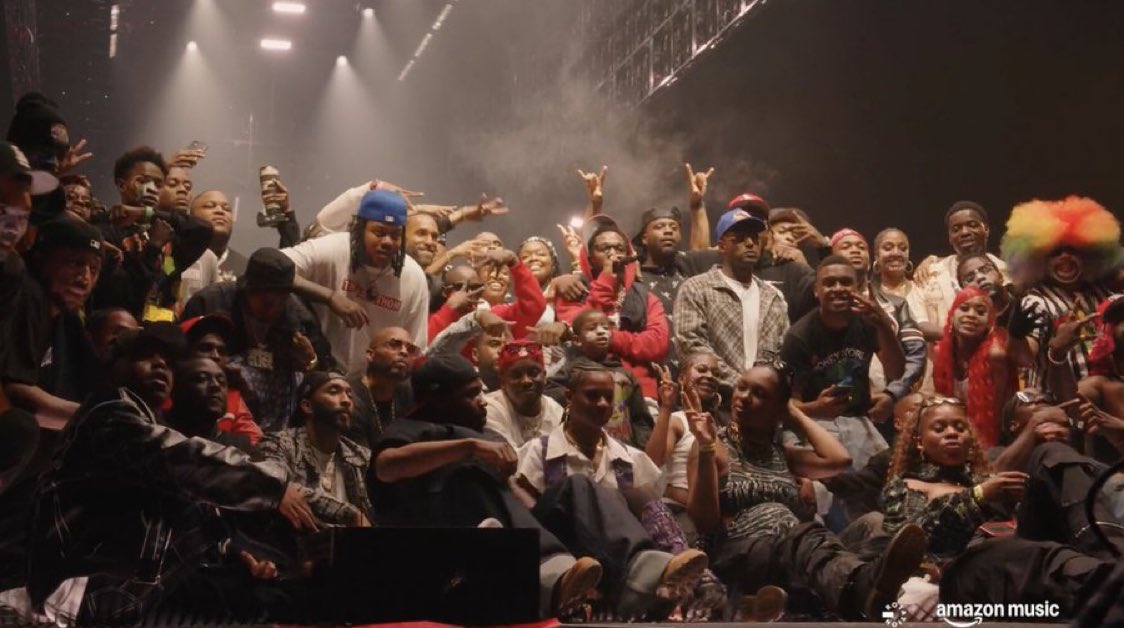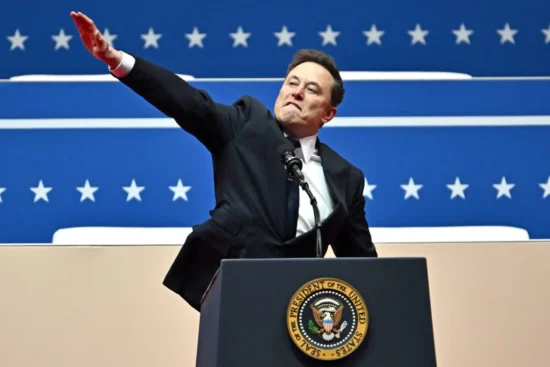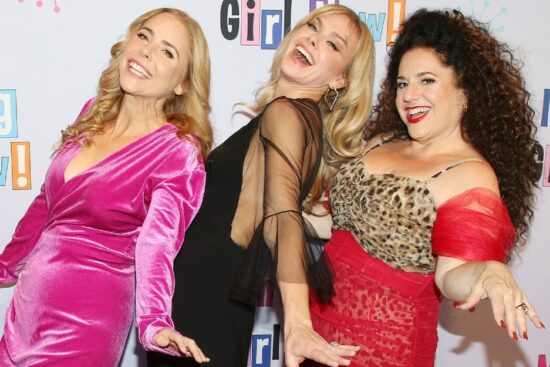

A Triumphant Night for Regional Music and a Bold Statement in a Rivalry
When Kendrick Lamar released “Mr. Morale & the Big Steppers” in 2022, his restlessness was palpable. The album’s songs reflect hours of therapy, tackling personal trauma, but it also revealed his discomfort with external pressures to be a spokesperson for others’ struggles. His perceived silence during the height of the pandemic’s activism drew questions and criticism. Kendrick made it clear he wouldn’t be coerced into action, famously stating on “Savior,” “The cat is out the bag, I am not your savior,” and further distancing himself from the role of a public speaker: “I rubbed elbows with people that was for the people / They all greedy, I don’t care for no public speaking / And they like to wonder where I’ve been / Protecting my soul in the valley of silence.”
Artists are not obligated to voice opinions on every issue, especially when guarding their own well-being. While it’s fair to hope a socially aware rapper uses their platform to address community issues, Kendrick’s stance resonates with Dave Chappelle’s 2004 joke about Ja Rule and 9/11: not everyone needs to speak on everything. Kendrick’s music, although powerful, isn’t a solution to societal problems. His firm rebuttal felt almost combative from an artist who once spoke of finding pride in South Africa, challenged Fox News, and created the anthem “Alright.”
Kendrick avoided performing any songs from “Mr. Morale” at “The Pop Out,” his Juneteenth event at the Forum in Los Angeles, live-streamed by Amazon Music. Instead, the concert felt like a celebration of unity and shared space. The significance of the event meant expectations were high: the Compton rapper embracing the moment, speaking to and for the collective “we” present in his earlier hits. The show quickly felt like a communal cookout, with appearances from familiar West Coast artists like Remble and G Perico, and Kendrick emphasized nurturing the next generation of LA rappers, aiming to sustain West Coast hip-hop for the next two decades. This moment of ascension saw him building a coalition around his vision.
The event was divided into three “& Friends” sets, each building on the previous one. Following a DJ Hed set featuring lesser-known LA artists, Mustard, a pivotal West Coast producer, set the tone with guest appearances from Ty Dolla $ign, YG, Dom Kennedy, Roddy Ricch, Steve Lacy, and Tyler, the Creator. Kendrick’s segment saw the reunion of Black Hippy — Jay Rock, Ab-Soul, ScHoolBoy Q, and himself — a cathartic moment for fans. Although Kendrick left TDE in 2020 to start pgLang, the reunion brought a nostalgic joy, particularly during performances of “Win” and “King’s Dead.”
This symbolic gathering of one of rap’s most important indie movements underscored the evening’s larger theme of unity and collective achievement. Kendrick expressed this by bringing dozens of Los Angeles figures on stage for a group photo, reminiscent of iconic gatherings in music history. “This is unity at its finest,” he declared, acknowledging the shared losses and triumphs of everyone present.
However, the unity displayed was shadowed by Kendrick’s ongoing rivalry with Drake. Throughout the night, many of Kendrick’s older lyrics felt like thinly veiled disses, heightening the tension. Performing all but one of his Drake diss tracks, Kendrick opened with “Euphoria” and included “Not Like Us” in a powerful set. The repeated performance of “Not Like Us” resonated deeply, with the crowd chanting lines targeting Drake.
The night culminated in a performance of “California Love” with Dr. Dre, where Dre’s cryptic “I see dead people” remark seemed to ignite the energy further. Kendrick didn’t miss the moment, ensuring the audience felt the significance.
As “The Pop Out” concluded, “Win” emerged as the night’s anthem, encapsulating Kendrick’s triumph. It was a victory for regional music, the distinctive West Coast style, and the culture Kendrick passionately represents. Sometimes, it just takes the right opportunity to showcase it all.



Leave a Reply